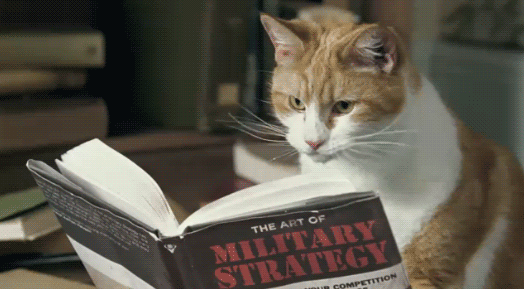WARNING: THIS IS A RANT OF AN EXHAUSTED SOCIAL MEDIA MANAGER HANDLING MULTIPLE CLIENTS.
It’s infuriating, isn’t it? The way job titles are thrown around so carelessly these days. At the top of the list of abused, misunderstood, and outright mangled roles stands the so-called “Social Media Manager.” What was once a specialized position focused on strategy, community engagement, and brand voice has become a catch-all term for a Frankenstein monster of skill sets. Social Media Managers are not video editors. They are not graphic designers. They are not SEO specialists. Yet, recruiters keep slapping every conceivable task onto this one role as if it’s a magical unicorn job.

Let’s get one thing straight: a Social Media Manager is a strategist. Their core job is to craft and execute social media campaigns that align with a brand’s goals, analyze performance metrics, and foster an engaged community. They work with content creators, designers, and analysts to bring ideas to life. They think big picture. They’re the conductors of the social orchestra, not the ones playing every single instrument.

But no—somehow, the industry has decided that this isn’t enough. Today’s job listings for Social Media Managers demand expertise in video editing software, graphic design tools, copywriting, email marketing, data analytics, and—wait for it—SEO optimization. Are we hiring one person or assembling the Avengers? These are distinct, specialized roles that require training, experience, and often entirely different mindsets. Google Ads specialists, web designers, and UX/UI professionals are now also being dragged into this overstuffed job description as if their unique expertise can somehow be folded into a single position. Lump them all together, and you’re setting someone up for failure.
This isn’t just unfair—it’s counterproductive. Here’s why: when you expect one person to do the job of five, you end up with mediocrity across the board. Your “superhero” hire won’t have the time or bandwidth to excel at strategy, let alone churn out polished videos or pixel-perfect graphics. The quality of the work suffers, the brand suffers, and ultimately, your customers suffer.

What’s worse is that this misalignment hurts the industry as a whole. By conflating roles and undervaluing specialized skills, companies send a dangerous message: social media isn’t serious work. It’s “easy,” “just posting,” or whatever other dismissive nonsense people tell themselves. It devalues the actual expertise and labor that go into building a strong digital presence. Social Media Managers are not magicians who can conjure up viral content, design stunning graphics, and decode Google’s ever-changing algorithms all before breakfast. They’re experts in a specific domain that’s critical to modern business.
Recruiters take note: respect the role. Don’t ask a Social Media Manager to handle tasks meant for a Google Ads specialist, web designer, or UX/UI expert—these are completely separate disciplines that deserve their own dedicated professionals. If you need a video editor, hire a video editor. If you need a graphic designer, hire a graphic designer. If you need an SEO specialist, hire an SEO specialist. Stop trying to find a Swiss Army knife when what you really need is a toolbox full of specialists. Social Media Managers deserve to be recognized for what they are: strategic thinkers and digital storytellers. And those other professionals? They deserve respect for their craft, too.
To the Social Media Managers out there—like me—drowning in impossible job descriptions: know your worth. Push back against this ridiculous trend. Advocate for the separation of roles and the acknowledgment of expertise. You are not a jack-of-all-trades—you’re a master of your domain. And that’s more than enough.

Enough is enough. It’s time we call out this misuse for what it is: lazy, exploitative, and harmful to everyone involved. Let’s demand better—for ourselves, for our industry, and for the brands that depend on us to thrive in the digital world. Because “Social Media Manager” isn’t just a title. It’s a profession. Treat it like one.



